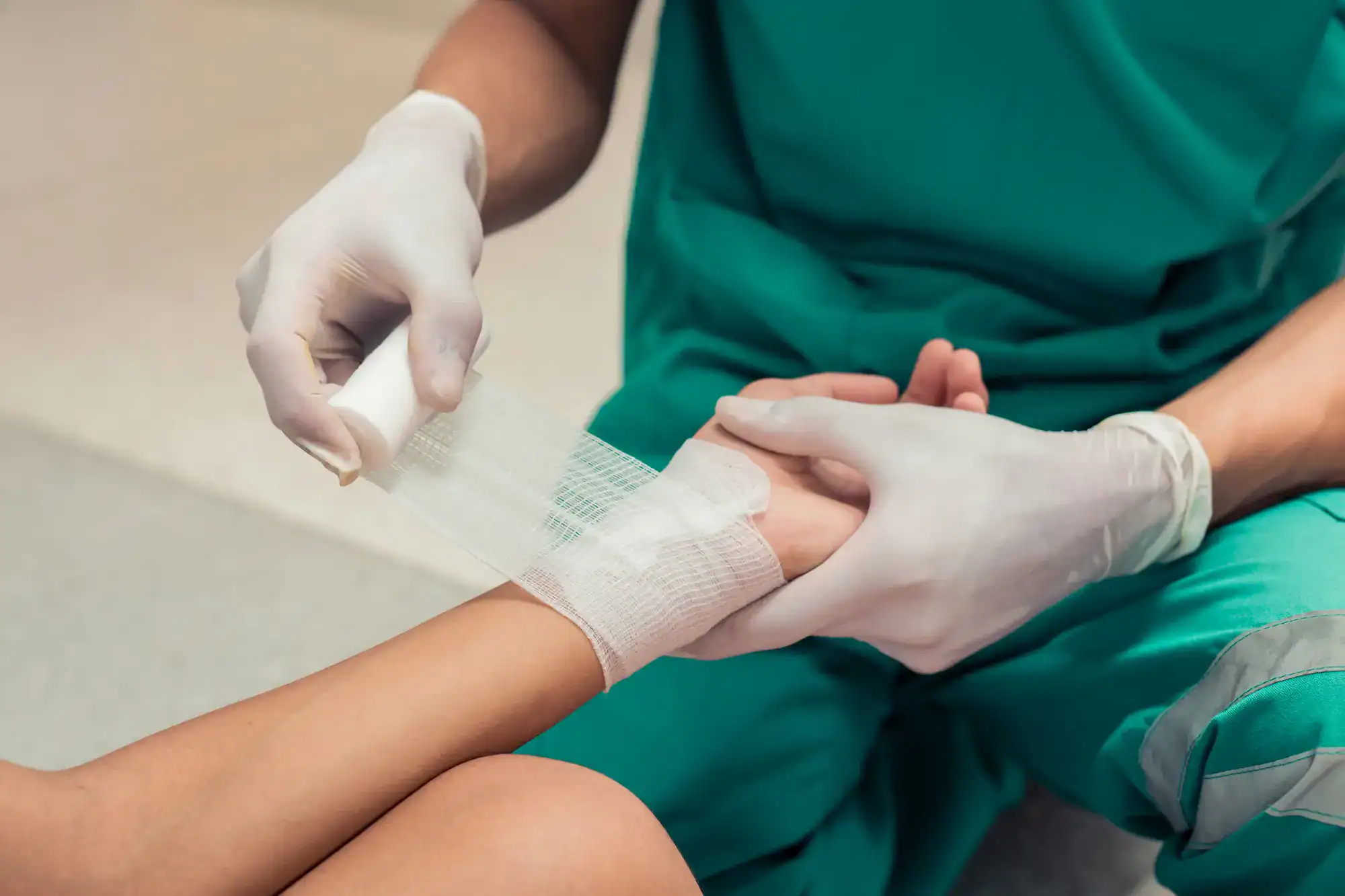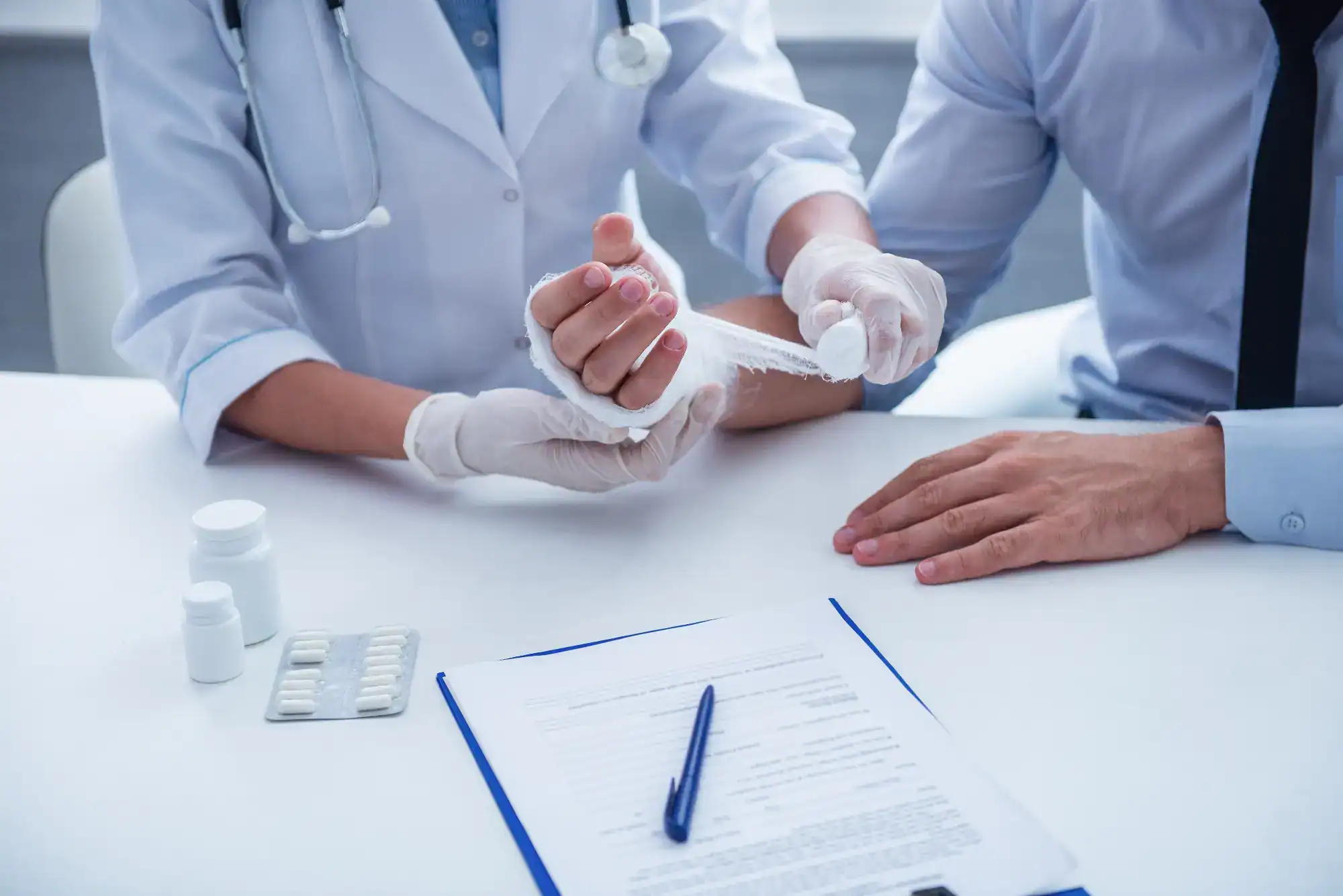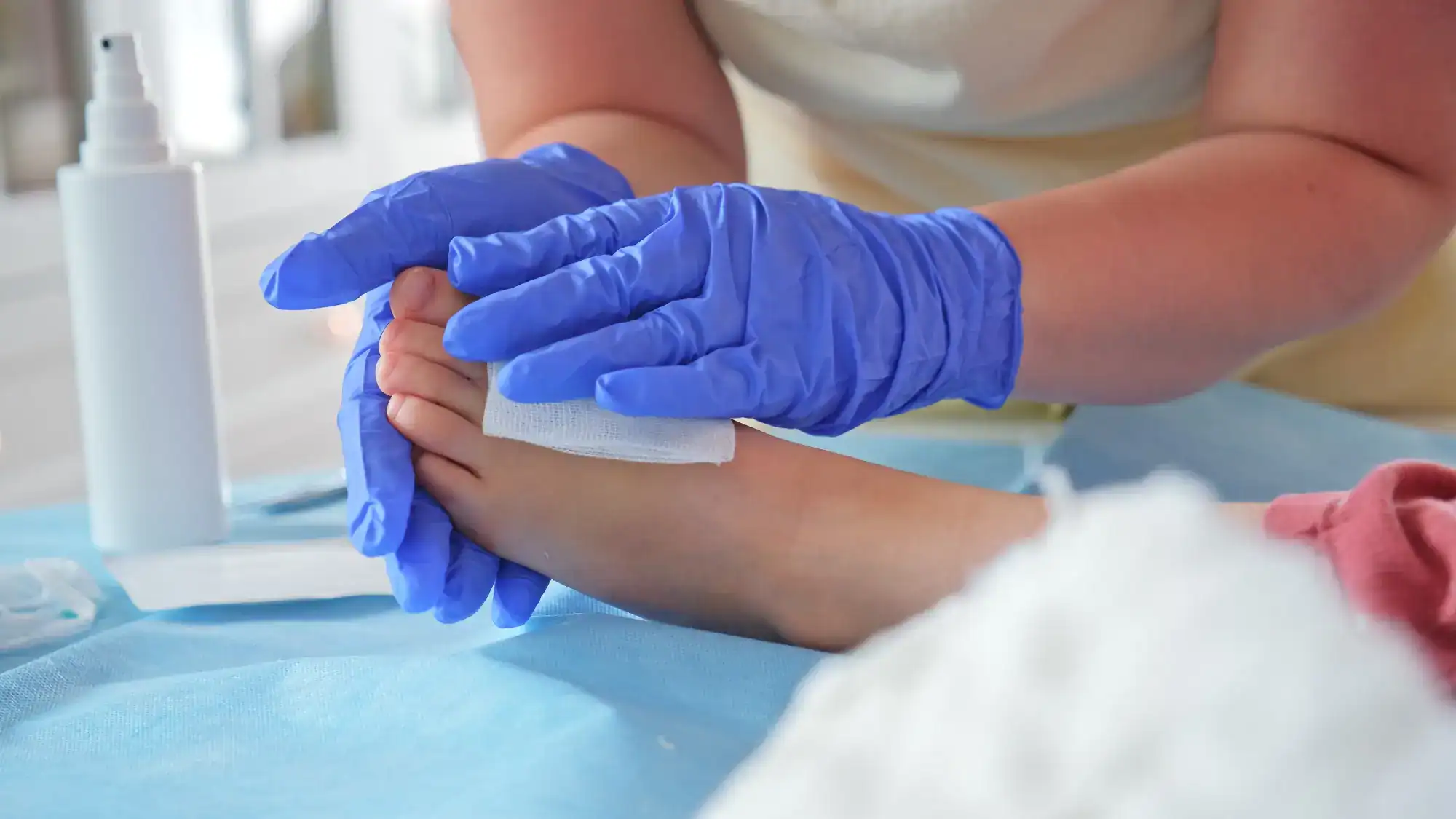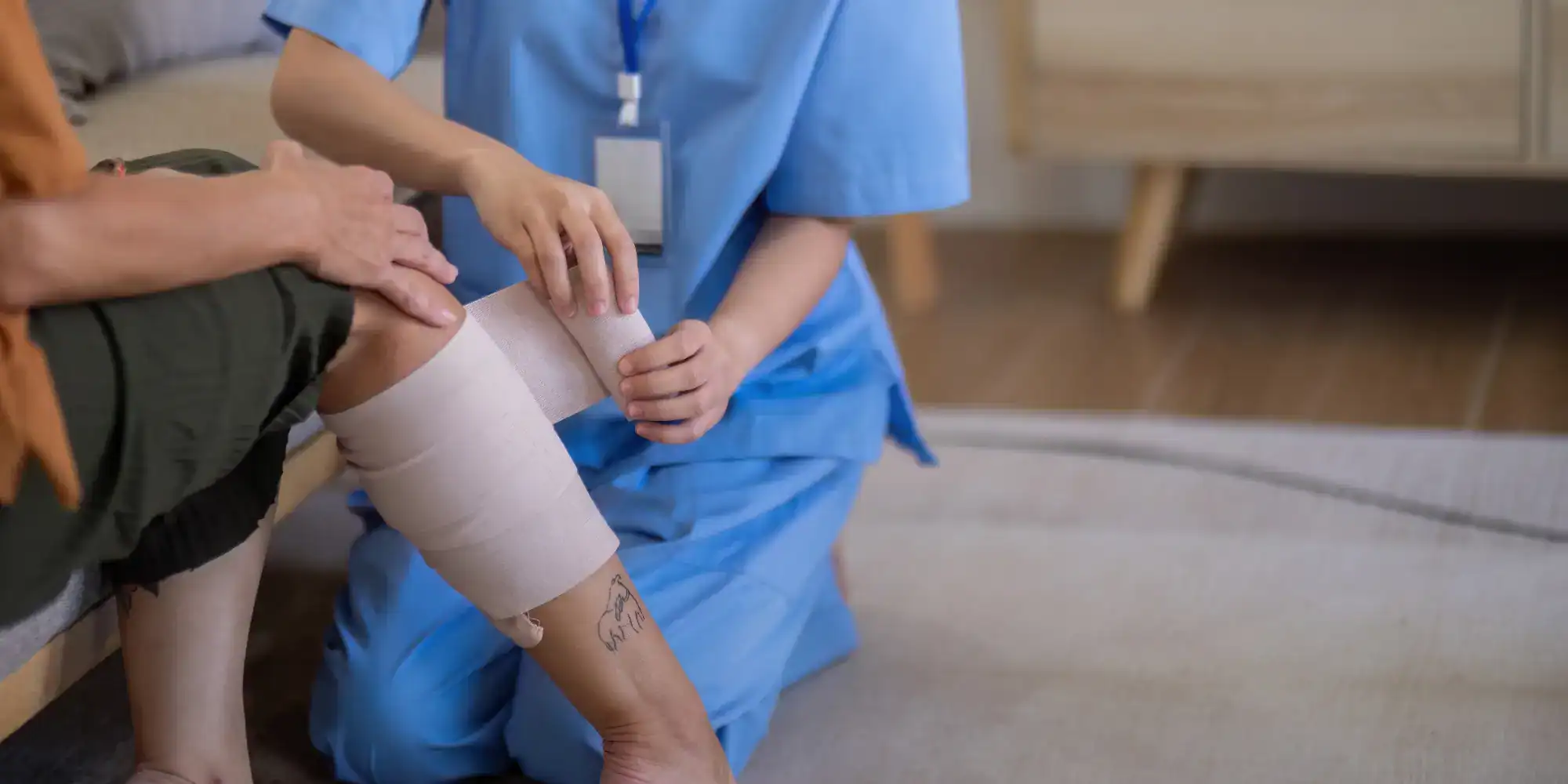Advanced wound care treatments that work when traditional approaches fail, right here in Homestead Ridge.

See What Our Customers Think

You’ve been dealing with this wound for weeks, maybe months. Every day brings the same routine: changing dressings, managing pain, wondering if it’s getting worse. The fear creeps in, especially if you’re diabetic. You’ve heard the stories about infections, complications, even amputation.
Here’s what changes when you get proper wound care treatment. Your wound starts healing in ways you can actually see and measure. The pain decreases. The constant worry about infection fades because you’re working with specialists who know exactly what they’re doing.
You stop canceling plans because of your wound. You sleep better knowing you’re getting the right treatment. Most importantly, you get your confidence back because you’re not constantly managing a medical crisis.
We’ve been serving the Homestead Ridge community with specialized wound care for years. While other clinics treat wounds as a side service, we’ve built our entire practice around one thing: getting wounds to heal properly.
Our team understands the unique challenges that come with South Florida’s climate and demographics. We see diabetic patients daily. We know how humidity affects healing. We understand the frustration of dealing with wounds that other doctors couldn’t resolve.
You’re not getting general medical advice here. You’re getting specialists who wake up every day thinking about wound healing and have the advanced equipment and protocols to back up that expertise.

Your first visit starts with a comprehensive wound assessment. We photograph and measure your wound, test for infection, and evaluate your overall health factors that might be slowing healing. This isn’t a quick look and bandage change. We’re building a complete picture of why your wound isn’t healing.
Next, we create your personalized treatment plan. This might include advanced dressings, specialized cleaning protocols, or newer technologies like negative pressure therapy. We explain exactly what we’re doing and why, so you understand every step of your care.
Follow-up visits happen on a schedule that makes sense for your wound type. We track healing progress with measurements and photos, adjusting treatment as needed. You’ll know if you’re improving because we’ll show you the data. Most patients start seeing real progress within the first few weeks of proper care.

Ready to get started?
Every patient receives a complete wound evaluation using advanced diagnostic tools. We don’t guess about infection or healing progress. We test, measure, and document everything so you know exactly where you stand.
Your treatment plan includes the latest wound care technologies. This might mean specialized dressings that promote faster healing, negative pressure therapy for complex wounds, or bioengineered skin substitutes for diabetic ulcers. We use whatever works best for your specific situation.
You also get education about wound care at home. Many patients have been doing things that actually slow healing without realizing it. We teach you the right way to care for your wound between visits, including what signs to watch for and when to call us immediately.
